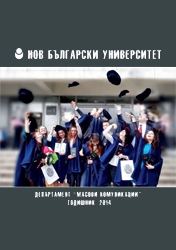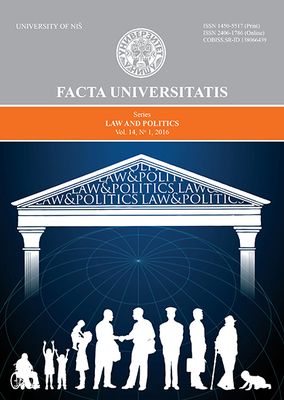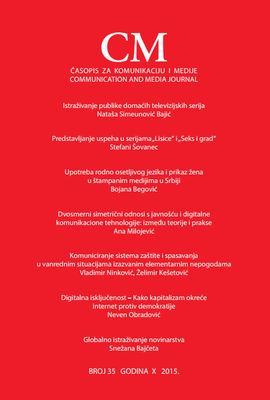
PROFESSIONAL PHOTOJOURNALISM IN THE AGE OF NEW MEDIA
The article focuses on the challenges that professional photojournalism is facing in the New Media age when the ability to provide news images is no longer restricted to professional photojournalists. Due to the rapid development of the digital technologies, professional photojournalists need to adapt to new forms of production and of distribution, along with new preferences of news consumption. The paper provides a general overview of professional photojournalism industry highlighting the changes due to the online medium. Furthermore, the study explores the difference between citizen photojournalists and professional ones, also referring to the employment of professional photojournalists and their professional standards. Finally, the paper investigates the experiences of local professional photojournalists that have been practicing photojournalism both in new media and in print media epoch.
More...


